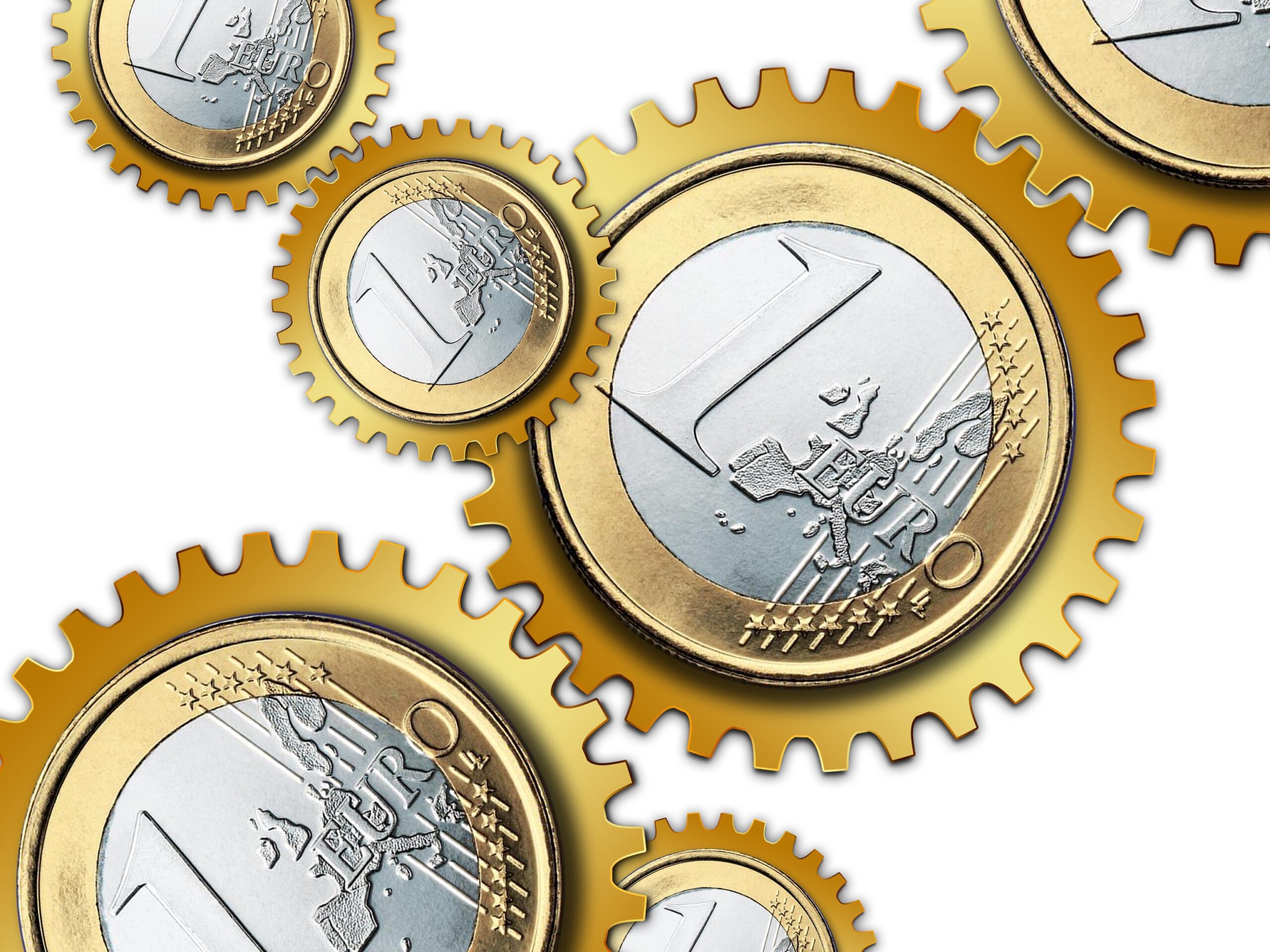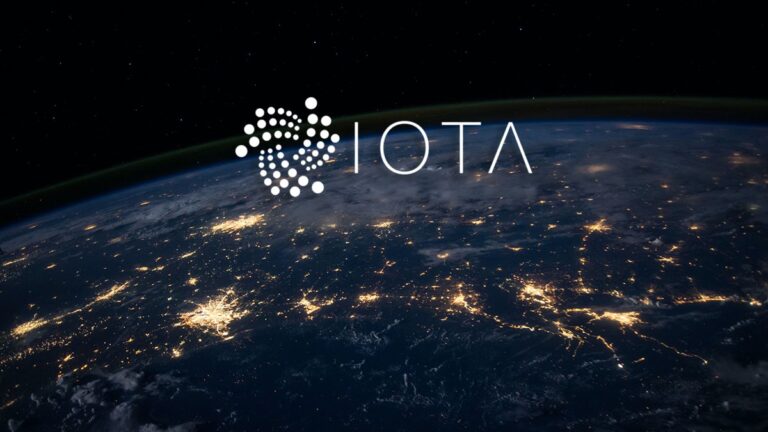Central Bank Risks Push Euro to Brink: Bitcoin and Ripple (XRP) Emerge as Secure Havens

- The Euro faces a crisis due to escalating debt within the Eurosystem, reminiscent of the early 2010s.
- Bitcoin and Ripple’s XRP emerge as potential safe bets amidst the uncertainty.
The Euro, a currency that has stood strong for over two decades, now finds itself at a crossroads echoing the crisis of the early 2010s. The European Central Bank (ECB) grapples with a situation reminiscent of a decade ago when it had to take extraordinary measures to stabilize the Eurozone. However, today, the Euro’s stability is again under threat.
The looming crisis stems from the mounting debt within the Eurosystem. Alasdair Macleod, a seasoned financial expert, underscores the severity of the situation, shedding light on how both the ECB and national central banks have swelled their balances through government bond purchases. This strategy, aimed at bolstering financial flexibility and inflation, unleashed a staggering 8.828 trillion euros into circulation at its zenith.
Years of lenient monetary policies led to inflation, prompting the ECB to halt its bond purchases. As the bank trimmed its balance sheet, bond yields surged. Coupled with interest rate hikes to curb inflation, bond values dwindled. Macleod underscores that these market-to-market losses totaled a significant 700 billion euros last year.
Perilous Implications and Political Challenges
The stakes are high – with inflation beneath the 2% target, persistent high interest rates, and soaring yields, Euro member nations might need to inject additional funds to prevent the Euro’s collapse. However, this isn’t a straightforward decision. National parliaments across the Eurozone would need to decide if they are willing to commit further billions to save the currency. In countries like Germany, where opposition to the current European establishment runs deep, this choice could prove daunting.
A revealing insight is Germany’s role as an unofficial “self-service store” for the Eurosystem. Nations owe Germany’s central bank a substantial debt of 1.0687 trillion euros. Unable to tap into capital markets due to economic constraints, some states rely on the Bundesbank to print money to settle their obligations. This unpublicized arrangement, stemming from the ANFA agreement, only came to light in 2015 through the research of Daniel Hoffmann.
With these circumstances in mind, the future of the Euro appears more uncertain than ever in its relatively short history. As central bank strategies and political considerations collide, alternatives like Bitcoin and Ripple’s XRP are gaining traction as potential safe havens in a landscape marked by instability.










